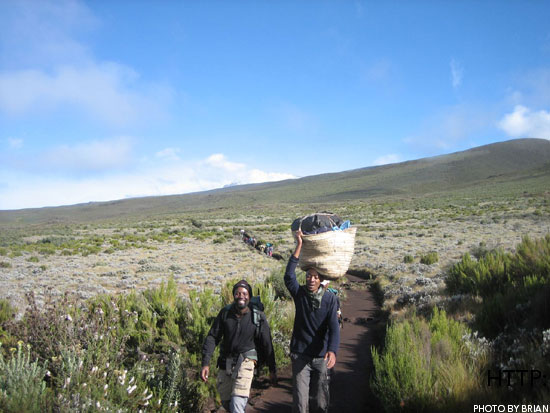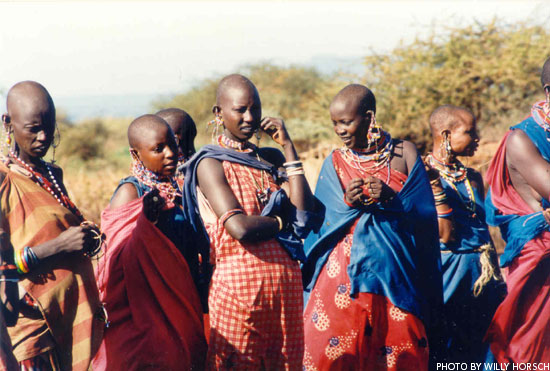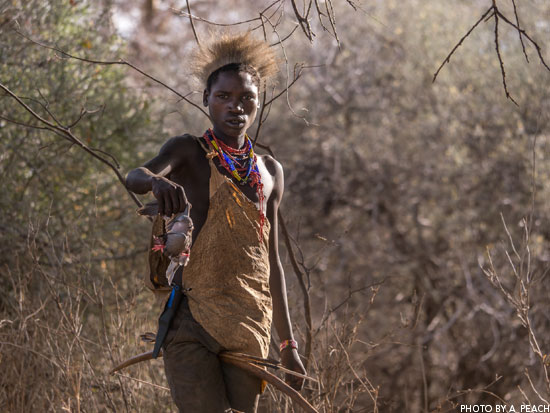The Holbrook Explorer

Indigenous Cultures of Tanzania
Indigenous Cultures of Tanzania
In addition to its breathtaking beauty and vast array of wildlife, Tanzania has rich culture composed of some tribes that are clinging to their traditions and others that are embracing the developing world. Although Africa makes up roughly 16% of the world's population, fully one quarter of the world's languages are spoken in Africa. Some ethnic groups are composed of dozens of people while others are in the thousands. Most tribes and their subdivisions speak different languages. Here are a few of Tanzania's most prominent groups of people.
Chagga
This tribe is the third largest ethnic group in Tanzania and they are traditionally known as farmers of millet, plantains, bananas and coffee, according to Trekili. The Chagga speak the Bantu language Swahili. Because of the rich fertility of the land, climatic conditions and agricultural ingenuity, the Chagga are among East Africa’s wealthiest and most highly educated people.
Maasai
They live in compounds called boma circled by acacia branches, speak a language called Maa and lead a semi-nomadic lifestyle travelling over the Kenyan-Tanzanian border. They are the Maasai. In the Maasai community, there are warriors who protect the society and sacred cattle. These warriors are called the Morani and they are viewed as demi-gods.
Iraqw
The Iraqw come from a Cushitic origin are known for their statuesque and immobile posture as well as their sharp features. They are withdrawn, they grow their own food and tend to their cattle. The language of the Iraqw is distinguished from its neighbors because it sounds similar to Arabic.
Hadzabe
Inhabiting the area around Lake Eyasi in the central Rift Valley and into the Serengeti Plateau, the Hadzabe tribe continues to live a hunter-gatherer lifestyle. They have less than 2,000 people and have stuck to the traditions of ancestors. While men hunt for meat, women and children gather fruits, berries and roots. Because they live in caves and remain secluded from other people, the Hadzabe has managed to stay away from diseases, such as HIV, that have become the plight of other societies in Africa.
Sukuma
Tanzania's largest tribe, the Sukuma, is located around the Mwanza and southern Lake Victoria region. While many Sukuma remain in small villages, others move to cities to assimilate to the urban society, according to Mark H. C. Bessire. Their economy is based largely on subsistence agriculture, though many keep cattle as well. The villages are organized into chiefdoms, meaning that it is subdivided and each group is ruled by a chief who collaborates with a group of elders.






